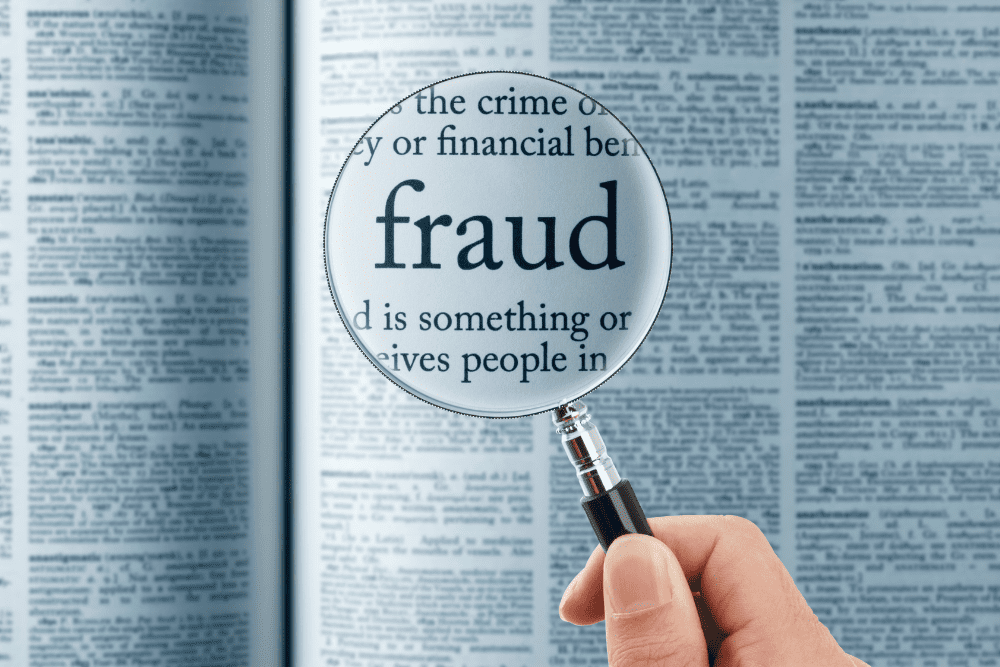Tax fraud may come about as a mistake for some Minnesota business owners, but penalties can reflect more severity than an error in judgment – and this may happen more than you think.
The owners of several Twin Cities restaurants were charged last year with multiple tax crimes. This included 55 felony counts for filing fraudulent sales tax returns and 62 felony counts of failure to collect or pay sales tax.
It is suspected the owners of the restaurants knowingly underreported sales tax and collections to their accountant, evading more than $280,000 in sales tax.
As a Minnesota business owner, you may not misreport your income or sales tax on purpose, but even mistakes can be punishable by the law.
To help you grasp the importance of precise income reports, here are some possible penalties incurred for tax fraud in Minnesota.
Tax Evasion and Fraud in Minnesota
The state of Minnesota and the federal government both govern taxes with strictness.
In Minnesota, the Department of Revenue enforces taxes and initiates investigation. They do not investigate suspected tax evasion and fraud. Often, citizens provide tips to the Department of Revenue about individuals or businesses that may not be accurately reporting or paying their taxes.
To be clear, tax evasion does differ from tax avoidance.
Evasion occurs when you intentionally don’t pay taxes owed to the government. Tax avoidance refers to how you structure financial transactions– often in a way that secures the most tax benefits while reducing tax burden.
To some extent, tax avoidance is legal. Tax evasion, on the other hand, is a crime. Tax fraud counts as a separate crime in which you misrepresent financial status to the government and its agencies.
These activities can qualify as tax evasion or tax fraud:
- Underreporting your income
- Failure to collect employment taxes
- Overestimating expenses and/or deductions
- Claiming deductions that are false
- Filing returns with the intent to defraud
- Claiming your personal expenses as business expenses
- Violating the requirements of withholding, as an employer
Penalties for Tax Fraud in Minnesota
The penalties for tax fraud in Minnesota depend on the specific actions in each case.
Willful Evasion or Failure to File or Pay
Knowing failure to file and failure to pay a tax can be charged as a gross misdemeanor. However, willfully attempting to evade payment counts as a felony.
Filing False or Fraudulent Returns
If you file a tax return or other tax document known to be false or fraudulent, it is a felony.
Knowing assistance or aid in preparing these fraudulent documents also amounts to a felony charge.
Failing to Collect Sales Tax
If you fail to collect sales tax, that is a misdemeanor.
Penalties
Fines are the customary penalty for misdemeanor intentional fraud in Minnesota. You may be required to pay up to 50 percent of the fraudulent claims, i.e. 50% of your refund or understated tax.
For felonies, you may spend up to five years behind bars, on top of fines.
You also must remember that tax law extends beyond Minnesota into the territory of the federal government. Tax fraud at the federal level can garner even more jail time.
About the Author:
Christopher Keyser is an AV-Preeminent rated criminal and DWI defense attorney based in Minneapolis who is known for fighting aggressively for his clients and utilizing innovative tactics to get the most positive results. He has been featured in numerous media outlets due to the breadth and depth of his knowledge and named a Certified Specialist in Criminal Law by the Minnesota Bar Association. Mr. Keyser is Lead Counsel rated, and he has received recognition for his criminal law work from Avvo, Expertise, Super Lawyers, The National Trial Lawyers, and more.







